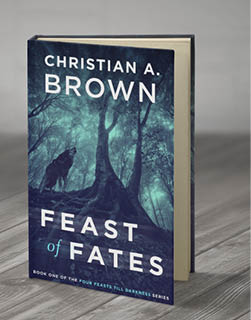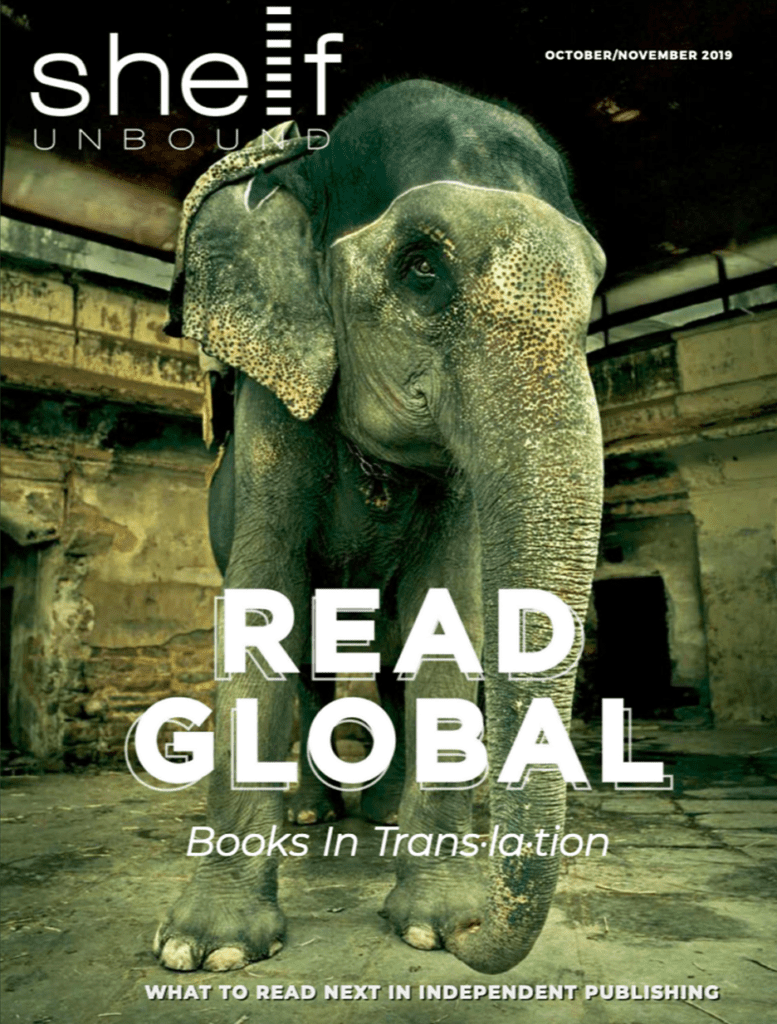Body, Mind and Quill
By Christian Adrian Brown
treasures, I wanted to dedicate my article to a man as near and dear to my heart and interests that I would idealize us—metaphorically, not in terms of professional achievements—as soul brothers: Haruki Murakami. He is a man as driven by discipline and restrained, concentrated emotion as I am. An admirable icon with a tattered, war-torn family crest that has endured, and been remade, sturdier through the threads of love, learning, and compassion.
Haruki is a global visionary, arguably one of the greatest living authors. His works have been translated into around fifty languages. His themes range from the ethereal and beautiful to the dark and dire. The loneliness and, by contrast, the strength of self that we can discover in isolation are commonly examined by this master wordsmith. Haruki’s words and experiences have been shaped by war trauma (his father’s), globalization, and—later in life—a passion for fitness. Like us all, he is a composite of experiences and ideas, though he has managed to crystallize his life into parables of meaning, actualization, and achievement.
I find his literature as introspective as it is engaging, each book a psychological delve into and reexamination of the mirror in which I view myself and my values. I’ve been moved and changed even by reading his books. I can think of few other authors who have had that metaphysical, psychoactive effect on my being. While there are clear influences of Russian and Western thinkers and artists to be found in Murakami’s pages, the amalgam is wholly his own, wholly Murakami, and not a bastardized Frankenstein or mimicry of parts.
In Japan, his work has often been critiqued as being “too Western” or “not Japanese enough.” Strange-seeming sentiments to those of us who celebrate unique viewpoints and the accompanying contrasts and discussions those artists bring with their work.
But isn’t that the point of art? To challenge us? To break down perceptions and misconceptions and to guide us to a version of universal truth? I believe it is. I equally believe that Haruki is one of the few who can so shrewdly and effectively navigate us toward that epiphany through the magic of his words. I think, too, that his greatness proves that the tool of language may be used to unify humanity and not divide us.
If you haven’t read Murakami, go grab Kafka on the Shore—my personal recommendation. However, make sure you finish reading this rather brilliant issue of Shelf first.
—C
Scheming immortal kings and antediluvian horrors meet their match in a handmaiden.

Morigan lives a quiet life as the handmaiden to a fatherly old sorcerer named Thackery. But when she crosses paths with Caenith, a not wholly mortal man, her world changes forever. Their meeting sparks long buried magical powers deep within Morigan. As she attempts to understand her newfound abilities, unbidden visions begin to plague her—visions that show a devastating madness descending on one of the Immortal Kings who rules the land. With Morigan growing more powerful each day, the leaders of the realm soon realize that this young woman could hold the key to their destruction. Suddenly, Morigan finds herself beset by enemies, and she must master her mysterious gifts if she is to survive.
About the Columnist: Christian Adrian Brown
Quadragenarian fitness model, lifestyle coach and bestselling author of the critically acclaimed Feast of Fates, Christian A. Brown received a Kirkus star in 2014 for the first novel in his genre-changing Four Feasts till Darkness series. He has appeared on Newstalk 1010, AM640, Daytime Rogers, and Get Bold Today with LeGrande Green. He actively writes and speaks about his mother’s journey with cancer and on gender issues in the media.

Continue Reading…
Article originally Published in the October/November 2019 Issue “Read Global”
